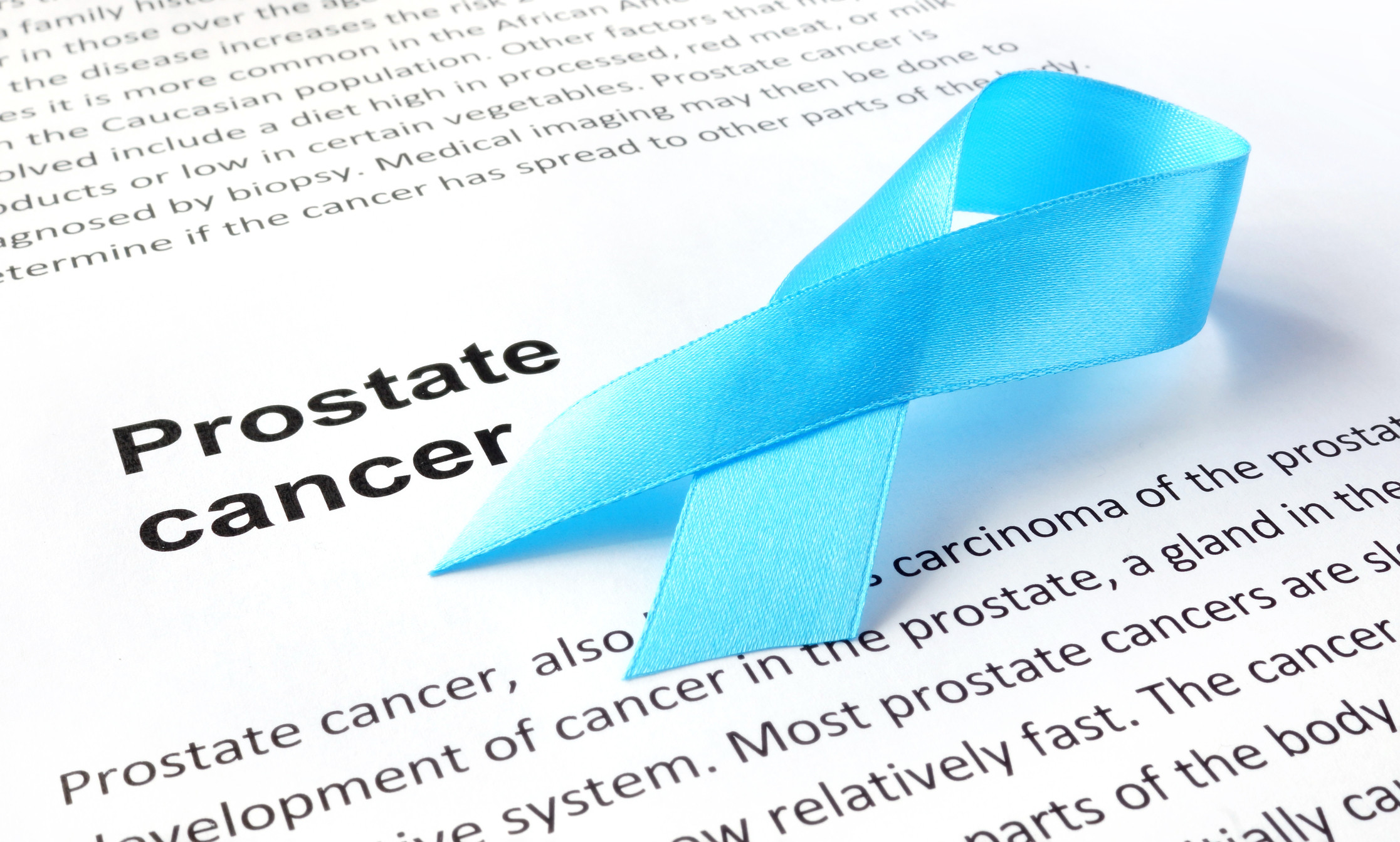
How does prostate cancer treatment affect mental health?

5 timeless habits for better health

What are the symptoms of prostate cancer?

Is your breakfast cereal healthy?

When pain signals an emergency: Symptoms you should never ignore

Does exercise give you energy?

Acupuncture for pain relief: How it works and what to expect

How to avoid jet lag: Tips for staying alert when you travel

Biofeedback therapy: How it works and how it can help relieve pain

Best vitamins and minerals for energy
Men's Health Archive
Articles
Retirement blues: Taking it too easy can be hard on you
It might seem like retirement is a time to take it easy and devote yourself to gardening, golfing, and napping. But don't take it too easy, say Harvard experts. For optimal well-being, you need to stay engaged — with your own interests as well as with other people.
Making the change
Newly retired men face some typical difficulties. One is creating a new routine after leaving behind the nine-to-five grind. "During that phase of going from a lot of structure to almost no structure, men can exhibit the same signs as someone who is overworked," explains Dr. Randall Paulsen, a psychiatrist at Harvard-affiliated Brigham and Women's Hospital.
Influential task force issues new recommendations on prostate cancer screening
Back in 2012, the US Preventive Services Task Force (USPSTF) took aim at the prostate-specific antigen (PSA) screening test for prostate cancer with a blanket recommendation against it for all men. This was a big deal. The Task Force is widely seen as the top expert panel on cancer screening in the United States, and […]
Diagnostic MRIs allow some men flagged by PSA screening to avoid a biospy, new study shows
A specialized type of diagnostic MRI scan can reduce the number of invasive prostate biopsies by nearly a third, according to results from a newly published international study. An MRI machine uses a very large magnet, a radio-wave transmitter, and a computer to construct detailed pictures of structures inside the body. The new study relied […]
Blood pressure goals: How low should you go?
Surprising new normal, healthy blood pressure for men by age
What's good blood pressure for men by ages? As many as three-quarters of men over 65 have high blood pressure. Many end up taking medication to prevent heart attacks, heart failure, stroke, kidney failure, and erectile dysfunction.
For most people with blood pressure clearly in the red zone, getting their numbers below 140/90 millimeters of mercury (mm Hg) is a reasonable goal. However, in December 2013, a panel of experts convened by the National Institutes of Health (NIH) released a recommendation that people over age 60 with high blood pressure could settle for a goal of 150/90—not the more stringent standard of 140/90—and still get health benefits. The American Heart Association rejected the idea, and five of the 17 members on the NIH panel later publicly dissented with the majority opinion. The debate continues.
MRI may reduce unnecessary prostate biopsies
In the journals
Only a biopsy can determine for certain whether prostate cancer is present, but a new study suggests that using magnetic resonance imaging (MRI) can help to better identify patients who are more likely to need a biopsy versus those who aren't.
The study, published online Feb. 22, 2018, by JAMA Oncology included 651 men screened for prostate cancer with blood tests and digital rectal exams. Everyone underwent three procedures: an MRI scan, a biopsy guided by transrectal ultrasound (TRUS), and a biopsy guided by both MRI and TRUS.
A mix of treatments may extend life for men with aggressive prostate cancer
Combining multiple forms of radiation therapy with hormone treatments lengthens survival in men with aggressive prostate cancer.
A mix of treatments may extend life for men with aggressive prostate cancer
For men diagnosed with aggressive cancer that’s confined to the prostate and nearby tissues, the overarching goal of treatment is to keep the disease from spreading (or metastasizing) in the body. Doctors can treat these men with localized therapies, such as surgery and different types of radiation that target the prostate directly. And they can […]
FDA approves new drug for men at high risk of prostate cancer spread
Men whose PSA levels continue rising even after surgery or radiation therapy may have a new treatment option with the approval of the drug apalutamide.
High-dose, shorter radiation therapy effective for some prostate cancer
In the journals
Men with intermediate-risk prostate cancer may benefit more from a shorter duration of hypofractionated radiation therapy (HRT) than from standard radiation therapy. With both types of radiation therapy, the total amount of radiation is given in multiple sessions over a set period. Compared with standard radiation therapy, HRT uses larger doses over a shorter period of time.
A study in the Nov. 4, 2017, European Urology Focus analyzed data of 3,553 men with prostate cancer, 65% of whom had intermediate-risk prostate cancer. The men were randomized to get either a one-month program of HRT or the standard radiation treatment regimen given over two months. After an average of five to six years, the intermediate-risk men who had HRT were less likely than men who got standard radiation therapy to have their prostate cancer return.

How does prostate cancer treatment affect mental health?

5 timeless habits for better health

What are the symptoms of prostate cancer?

Is your breakfast cereal healthy?

When pain signals an emergency: Symptoms you should never ignore

Does exercise give you energy?

Acupuncture for pain relief: How it works and what to expect

How to avoid jet lag: Tips for staying alert when you travel

Biofeedback therapy: How it works and how it can help relieve pain

Best vitamins and minerals for energy
Free Healthbeat Signup
Get the latest in health news delivered to your inbox!
Sign Up








